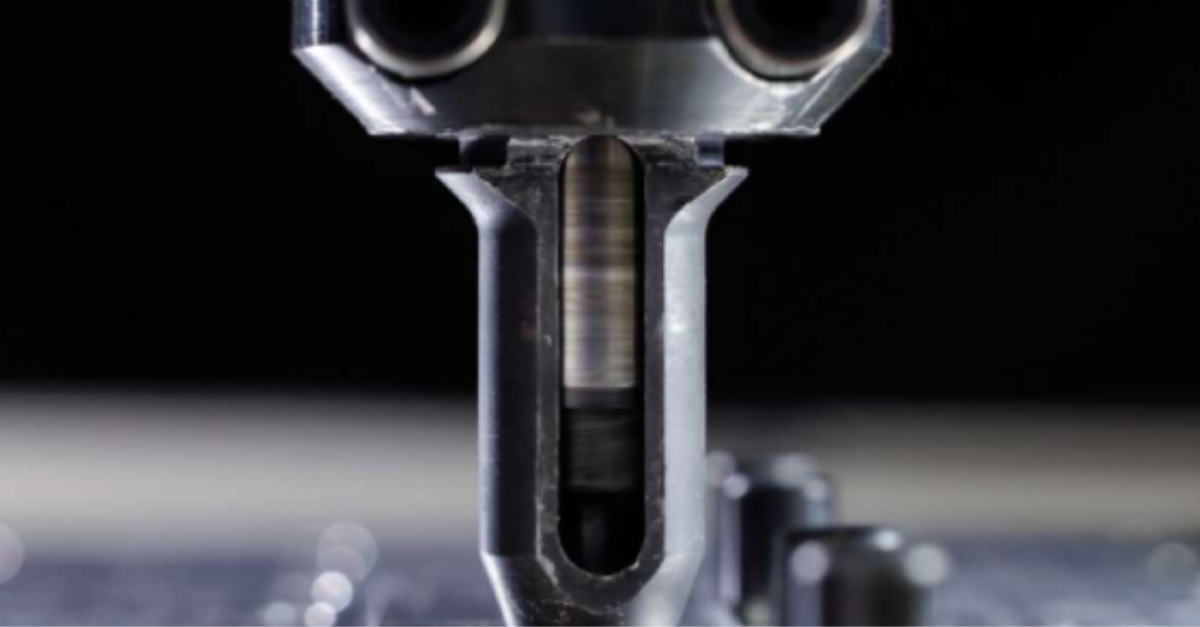您想继续阅读英文文章还
是切换到中文?
是切换到中文?

THINK ALUMINIUM THINK AL CIRCLE

BYU has collaborated with Toyota to develop a more efficient welding technique for the sliding doors of the Toyota Sienna. Traditionally, resistance spot welding has been used, a method suited to steel. However, the new process, called refill friction stir spot welding, adapts this principle specifically for aluminium's unique chemical properties.

Image Souce: Jaren Wilkey, BYU Photo
This innovation is especially timely as car manufacturer’s shift towards lighter aluminium components instead of steel. According to a release from BYU, the new technique consumes 40 times less energy, emits fewer emissions, and results in welds that are 10 times stronger.
“Toyota has been using the cleanest technologies they have available to them, but what BYU research is bringing to them is a technology that is a game changer. They partnered with us to be able to essentially do a side-by-side comparison of the same model of car with new welding technology,” said Hovanski.
BYU manufacturing engineering professor Yuri Hovanski presented the welding innovation at a conference, where it caught the attention of Toyota's team, leading to a partnership proposal. Hovanski, along with graduate student Damon Gale, visited Toyota’s manufacturing plant in Indiana to assess the current production process and explore ways to implement the new technique for aluminium sliding doors.
Refill friction stir spot welding fuses metal without melting it, keeping it in a solid state. The process involves applying pressure and inserting a pin into the metal, where friction softens it to enable bonding.
Responses








